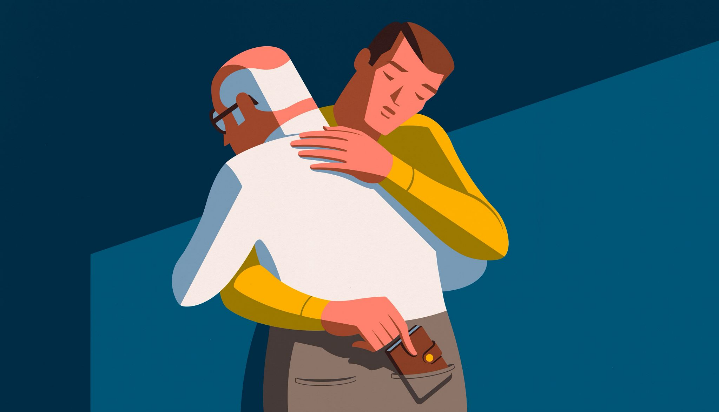Protecting Seniors from Financial Scams
 Elder financial abuse can be defined as a type of abuse in which financial resources are misappropriated by a scammer or somebody close to the vulnerable adult. Every year, millions of adults experience financial elder fraud and fall victim to scams. It’s important to know the warning signs in order to protect yourself, your friends, and your loved ones by learning what to look out for.
Elder financial abuse can be defined as a type of abuse in which financial resources are misappropriated by a scammer or somebody close to the vulnerable adult. Every year, millions of adults experience financial elder fraud and fall victim to scams. It’s important to know the warning signs in order to protect yourself, your friends, and your loved ones by learning what to look out for.
Elder fraud scams come in various forms. Here are some of the most common scams to look out for:
- Grandparent Scam – a scammer calls and claims to be a grandchild in trouble, requesting for the grandparent to send large sums of money via wire transfer.
- Government Imposter Scam – a fraudster calls pretending to be a representative of a government agency you trust, using a number that appears official.
- Romance Scam – a scammer creates a fake profile on a dating app or social media website to start a relationship with you and steal your money.
- Phishing Scam – an automated voicemail states there is a financial issue with one of your accounts and is requesting you to verify your information.
- Online Shopping Scam – scammer sets up a fake or phony website selling products that do not exist to try and steal people’s money.
The good news is that you can protect yourself and others from these types of scams by taking the proper precautions. Here are some tips to avoid falling victim to elder fraud:
- Set up identity theft protection and credit monitoring.
- Watch out for spelling errors on websites when online shopping.
- Don’t trust callers who state there is a problem or prize.
- Only buy from safe, reputable websites.
- Never share your computer logins, passwords, or banking information with someone you don’t know.
- Don’t download software from pop-ups.
Each year, vulnerable adults lose at least $2.6 billion to elder fraud scams. Over 500,000 older Americans suffer elder abuse, with many cases going unreported. Don’t wait to act. The best way to protect yourself and others is by learning the signs and reporting it!
For more information, contact your local branch!
Thank you,
Alicia Bendt
Chief Risk Officer





